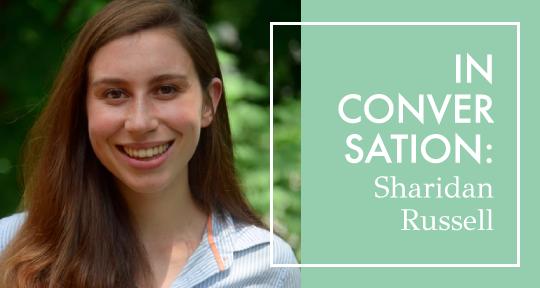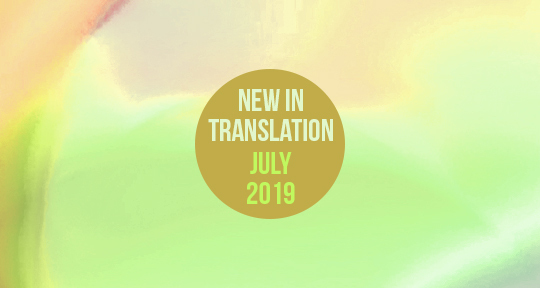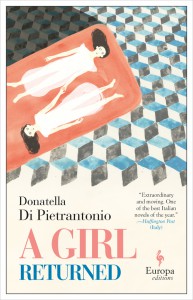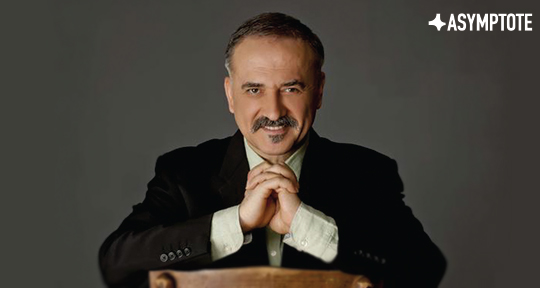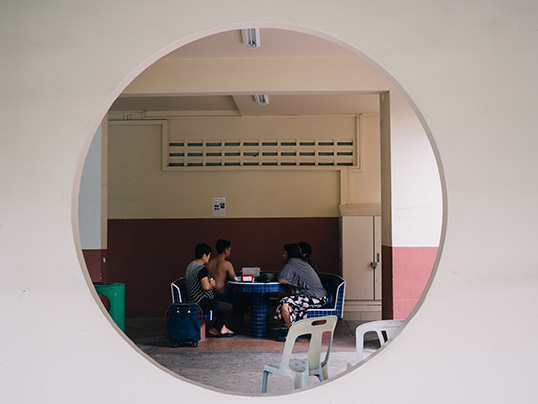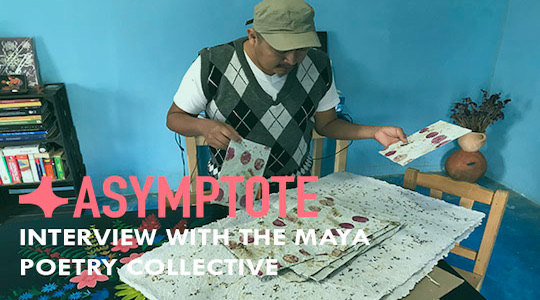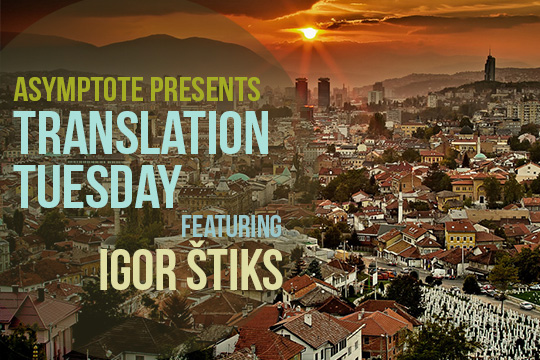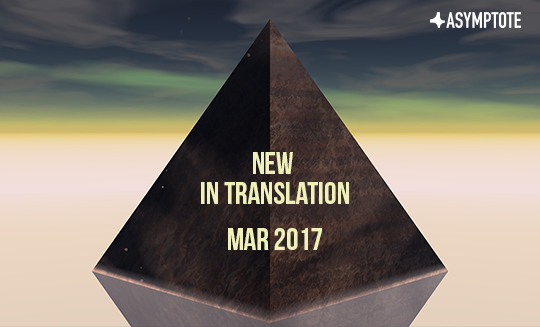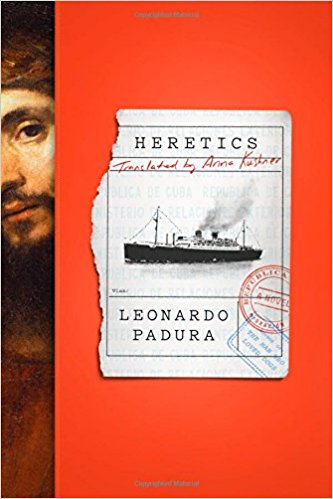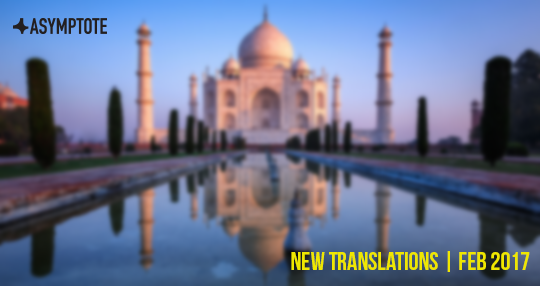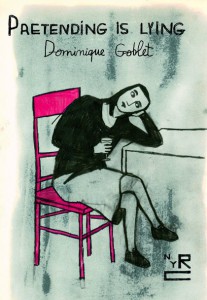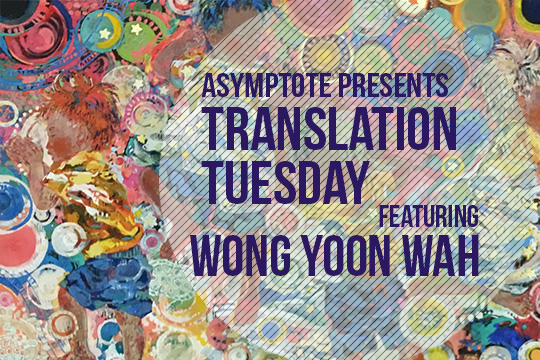Ronit Matalon is known for her unwavering aesthetic, keen social awareness, and profound insight into family. For the month of October, Asymptote Book Club is proud to present her latest novel, And the Bride Closed the Door. Awarded Israel’s prestigious Brenner Prize a day before she died of cancer, this humorous and tender work captures a chaotic politics in the intimate microcosm of a single family, combining Matalon’s tremendous literary talents with her passion for interrogating identity, both public and private.
An apology and very special thank you to our European subscribers, who’ve had to wait a bit longer than usual for the book to reach them (hence, too, this somewhat late announcement). Though it’s been famously said that “neither snow nor rain nor heat nor gloom of night stays couriers from the swift completion of their rounds,” today’s postal service must fend with much more than the elements; there’s no accounting for logistic mishaps on a global scale! Luckily, thanks to New Vessel and Asymptote’s efforts, Europe-bound copies of the book were finally rescued from postal limbo. Our loyal subscribers will now all receive a lasting gift: a brilliant author and activist writing in her singular language, rescuing empathy from the tumult.
The Asymptote Book Club is bringing the foremost titles in translated fiction every month to readers in the US, the UK, and the EU. For as little as USD15 per book, you can sign up to receive next month’s selection on our website; once you’re a member, you can join the online discussion on our Facebook page.
And the Bride Closed the Door by Ronit Matalon, translated from the Hebrew by Jessica Cohen, New Vessel Press, 2019
Young Margie locks herself up in her bedroom on her wedding day. Save for a brief but damning avowal—“Not getting married. Not getting married. Not getting married”—she falls silent for hours. Efforts to dissuade her prove useless: after pleading, pounding, and heatedly debating the merits of a locksmith, her relatives turn to a company said to quell pre-wedding jitters. The firm’s appointed expert can’t get the bride to open the door, but manages to tap on her third-floor window after an electrician from the Palestinian Authority chips in with his lift truck. Little comes of their gymnastics, however: Margie issues a handwritten “sorry” and retreats. The scant missive and a gender-tweaked excerpt from a classic Israeli poem are her only hints at communication. READ MORE…


